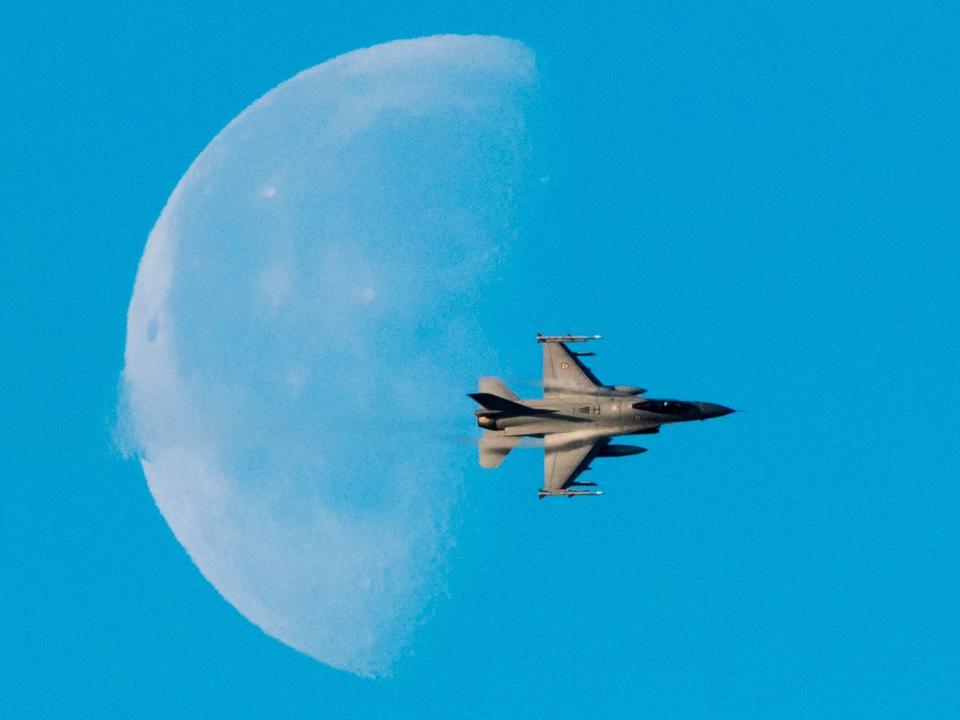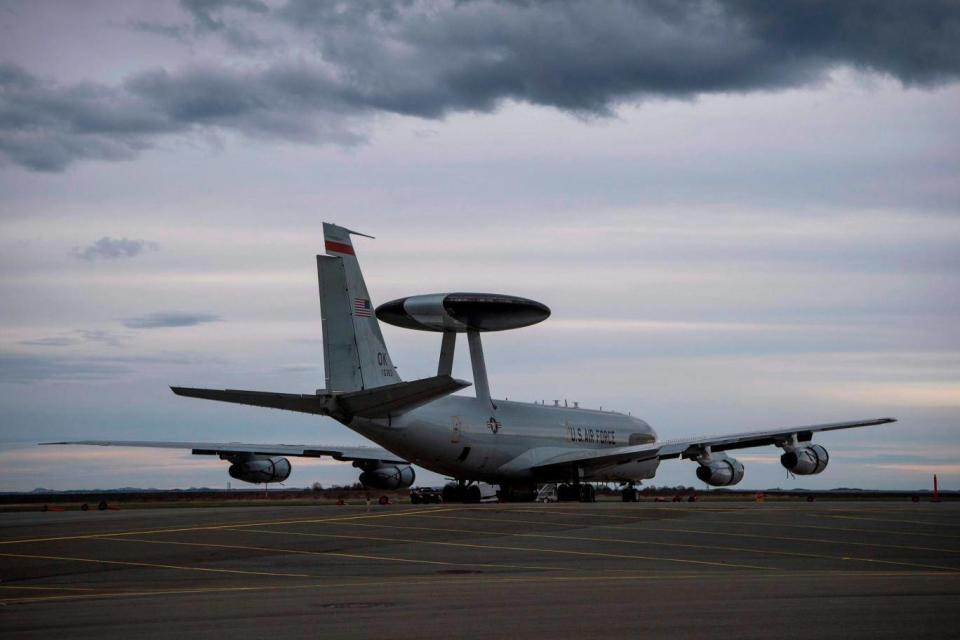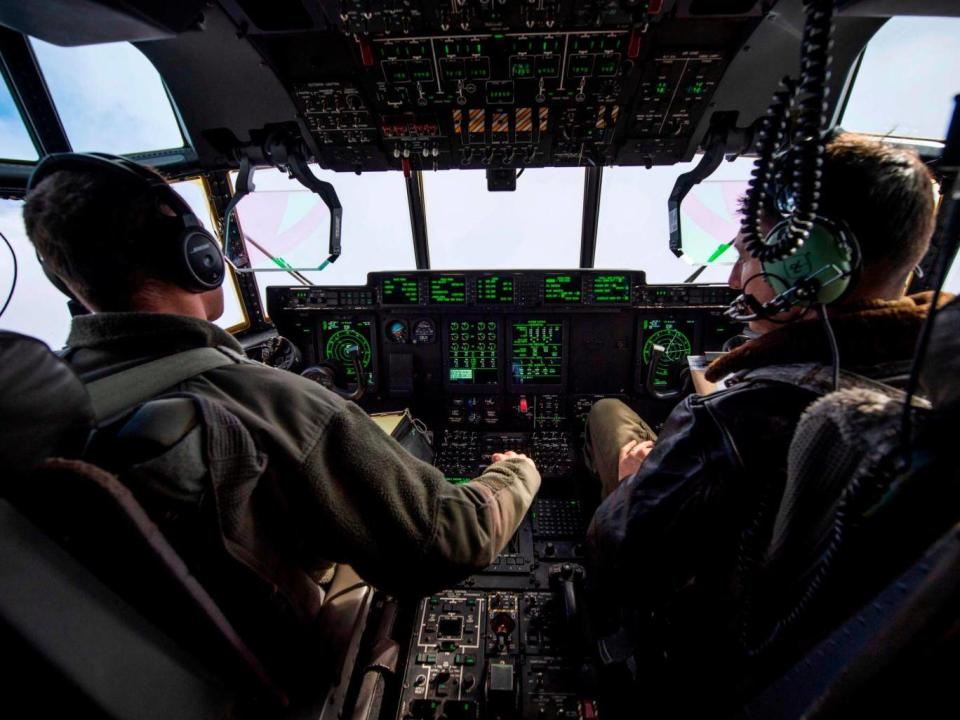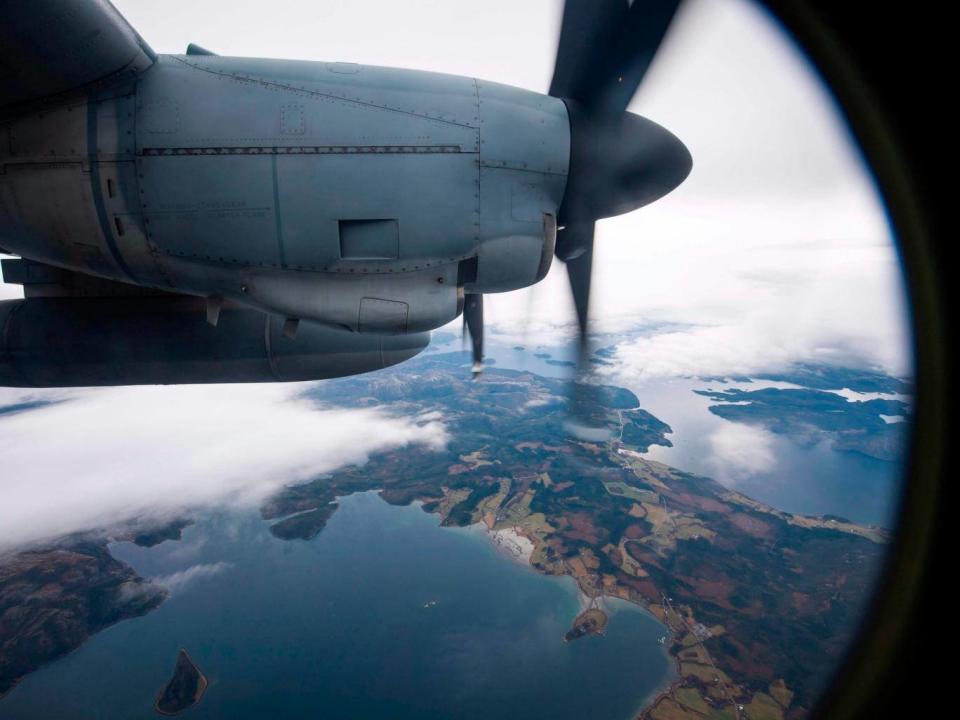Russia ‘deliberately disrupted GPS signals during Nato drill’

Russia deliberately disrupted GPS location signals during a recent Nato military drill in the Arctic, Norway and Finland have claimed.
The apparent jamming attack prompted a warning to civilian aircraft that their navigation equipment could be blinded.
Moscow has denied any involvement in the GPS disturbance.
Norway's foreign office raised the issue with Russian counterparts over the incident on the Arctic Kola peninsula between 16 October and 7 November.
The disturbance coincided with Nato's Trident Juncture – military drills held in Norway involving 31 countries – lasting for two weeks from 25 October.
The jamming of the location signals is not believed to have caused any accidents but Finland's state Air Navigation Services issued a warning to civilian air traffic over the matter.
The Kola Peninsula’s far northerly latitude means the airspace is relatively uncrowded. Russian and Scandinavian jets comprise the region’s main air traffic passing to or from the US or Asia, although UK and other northern European-bound aircraft also use the airspace.

The International Air Transport Association, which represents 290 airlines around the world, said interference in GPS signals was not unusual during military exercises.
“These are decisions taken by the military over which airlines have no control,” a spokesperson told The Independent.
“However, airlines don’t rely exclusively on GPS and have a number of navigation systems. Safety of passengers and crew is the number one priority of the airline industry and the safety of commercial airliners is not at risk from GPS jamming.”
At the weekend, Juha Sipila, Finland's prime minister, said it was “possible Russia was the disrupting party”.
Sauli Niinisto, the country's president, also called for a thorough investigation into the incident.
But Kremlin spokesman Dmitry Peskov responded that the accusation fitted “a trend to blame all mortal sins on Russia”, adding: “We know nothing about Russia's possible involvement in those GPS failures.”
Russia is known to have substantial capabilities for electronic warfare and is believed to have invested heavily in technology that can affect GPS location signals.
The northern Arctic regions of Finland's Lapland and Norway's Finnmark are adjacent to Russia's Kola Peninsula, which is home to Russia's Northern Fleet with major naval and submarine bases and other Russian military installations.

Nato spokesperson Oana Lungescu described the use of jamming as “dangerous, disruptive and irresponsible”.
Her comments followed Jens Stoltenberg, the organisation's secretary-general, warning earlier in the week that cyber and electronic warfare was becoming more widespread.
“I will not pinpoint any specific nation now, but I will just say that we have increased our abilities to deal with these kind of challenges and threats, including during military operations,” he said.
GPS systems, which rely on satellites orbiting around 12,000 miles above the Earth’s surface, allow pilots to determine their exact location as well as speed and heading.
Many of Nato’s precision-guided weapons rely on GPS and their alternative navigation tools are “far less accurate”, said Justin Bronk, a research fellow specialising in combat airpower and technology at think tank Rusi.
“China has the same capability to disrupt GPS signals, but they are not located close enough to do that,” he added.
“Assuming it wasn’t a glitch in the satellite coverage, then Russia is really the only culprit. A lot of people have the capability, but most don’t have the motive.”

Emily Ferris, a Russia expert at Rusi, said Moscow had been using electronic warfare of this kind for decades.
She said Russia had been “investing heavily” in boosting its electronic warfare capabilities and its ability to jam signals was honed in conflict zones such as Syria and eastern Ukraine.
“This latest episode is unlikely to suggest a serious escalation in relations between Russia and Nato, but rather an attempt by Russia to probe Nato’s defensive capabilities, and to assess Nato’s ability to respond,” she said.

 Yahoo News
Yahoo News 